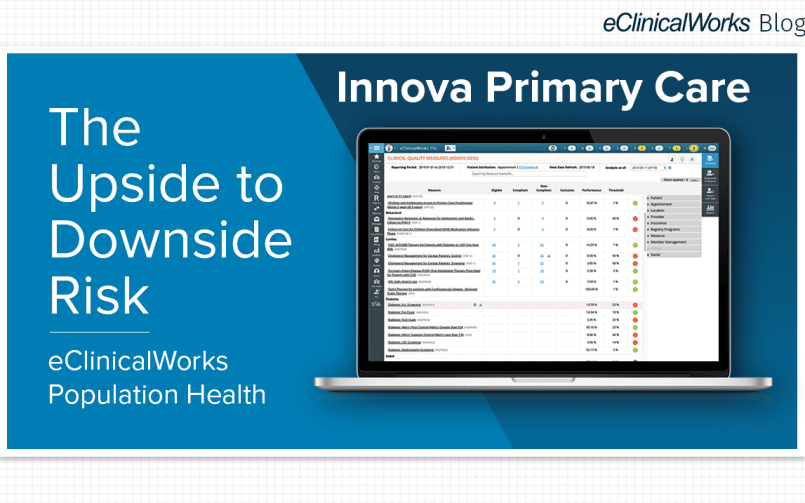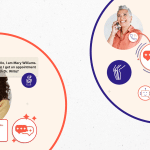Driving Via a Rear-view Mirror
- 19 December 2012
- Blog
eClinicalWorks
As various options for healthcare reform are considered, the patient-centered care model and shared savings programs have come about as alternative approaches to care delivery, performance measurement and value-based payment reform, shifting the focus to preventative care. The pay-per-service model is viewed by some as being similar to driving through the rear-view mirror. What is behind you provides insight, but it is what is in front that is really telling.
Accountable Care Organizations (ACOs) and Patient-centered Medical Homes (PCMH) are two such care delivery models that coordinate care between patients and members of the healthcare team with the goal being to help strengthen the physician-patient relationship, leading to better care and reduced avoidable costs over time. Preventative care is the focus, keeping people healthy and conditions properly managed in addition to treating problems as they occur.
There is a need for technology solutions that provide payers, providers and patients with the functionality required to deliver on the ACO/PCMH model. Companies are now coming out with “blind-spot monitors” for these new care vehicles, including eClinicalWorks CCMR. This solution, recently announced as being used by Urban Health Plan and Meadowlands Hospital Medical Group, is designed to provide visibility into a patient’s care across all settings, facilitate smooth transitions of care, engage patients and providers in preventative care, improve outcomes among populations and reduce costs. A vendor-neutral, open network securely connects ambulatory EHRs with hospital in-patient systems and payor claim feeds, including Centers for Medicare & Medicaid Services (CMS), to provide cost and utilization for services delivered to patients.
Included in CCMR, eClinicalWorks Community Analytics™ uses closed-loop analytics to deliver reporting, alerting and messaging capabilities necessary to manage Population Health. Dashboards can be shown at the community level to determine and monitor adherence of clinical process and outcomes, for including medication recalls and chronic disease management. Care coordination and analytics work together for a collaborative care framework.
Marrying technology with new care models can improve the scene by adding forward-looking views and reducing blind spots, while still showing what is in the rear-view mirror. Combined, these contribute to a collaborative approach to care.
For more information, please contact carecoordination@eclinicalworks.com.









